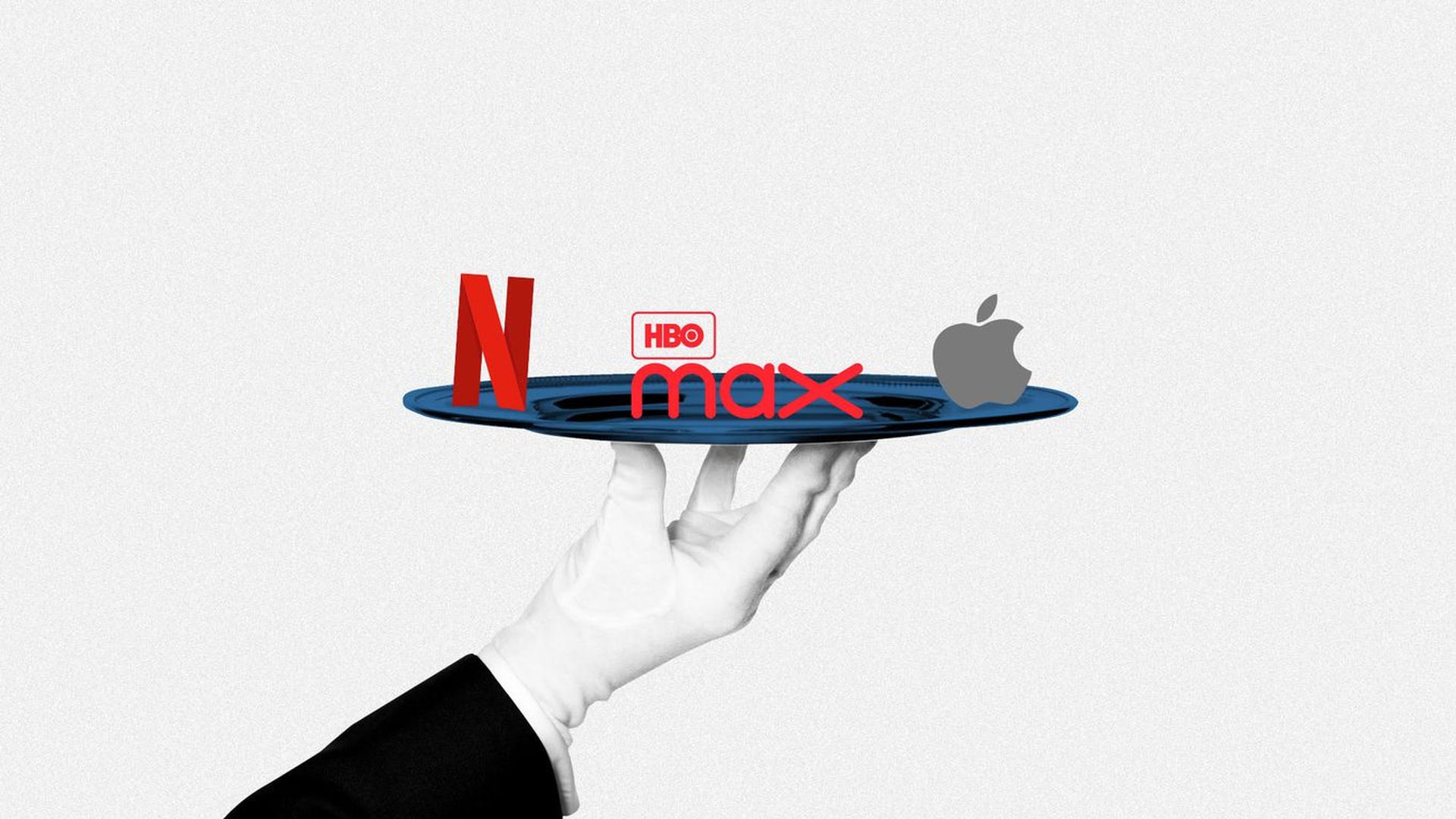First casualty in the streaming wars
Add Axios as your preferred source to
see more of our stories on Google.

Illustration: Eniola Odetunde/Axios
Sony is shutting down Playstation Vue — its digital live-television service — next January, the company said in a blog post. It's the first digital live TV package to shutter after a slew of such services launched over the past five years.
Why it matters: Media companies and distribution networks are all trying to find new ways to package up content for streaming, but none of them has a magic formula. Increasingly, their over-the-top services resemble the cable bundles they sought to overtake.
Driving the news: Many companies have been struggling to grow live streaming TV services that were originally pitched as a cheap alternative to cable.
- But as programming costs increased and as on-demand programming became more attractive, the economics behind these packages started to make less sense, and nearly all companies began raising the price for their live "skinny bundles."
- Case-in-point: Nearly every skinny bundle has had to hike their prices this year. For some like AT&T, they've had to do so twice.
What's next: Most companies are now focusing on on-demand streaming, now that it's been made clear that the economics behind live TV streaming aren't very lucrative. A slew of such streaming services will launch in the next few months.
- AT&T hosted a media day Tuesday for its latest digital streaming service, HBO Max, in which it revealed that the product would cost users $14.99 per month and will launch in May.
- Apple unveiled several trailers for its AppleTV+ product Monday, many of which received lukewarm reviews. The tech giant is hoping that its big investments in content will help lure users to its hardware products, where it makes most of its cash.
- Disney will debut its highly-anticipated streaming service Disney+ next week, after a series of announcements last week about its new plans.
Be smart: NBCUniversal's "Peacock" service is set to launch alongside these major streaming players, but unlike its competitors, Peacock will be offered at a lower price and will be ad-supported.
- NBC's approach follows a trend of many new free, ad-supported video apps launched over the past year.
The big picture: Netflix used to own the on-demand streaming market. But increased competition has put lots of pressure on the company, and its investors have taken notice.
- Netflix now needs to spend heavily on new, original content to replace classics like "Friends and "The Office" that it can no longer show. Its streaming competitors, like Disney, AT&T and NBCUniversal, are withdrawing the licenses.
- That spending has forced it and its streaming competitors to take on lots of long-term debt.
The bottom line: The streaming wars were supposed to be a boon to consumer choice, but already the streaming landscape has gotten confusing and expensive enough to discourage the average consumer from building loyal relationships with many services. For some of these consumers, the outdated cable system might still prove a simpler and more attractive alternative.
Go deeper:

